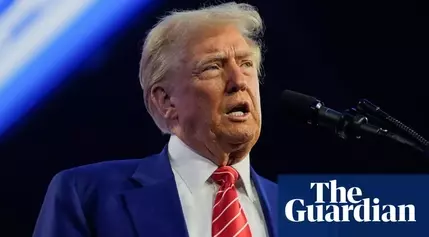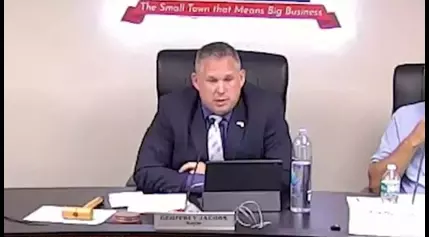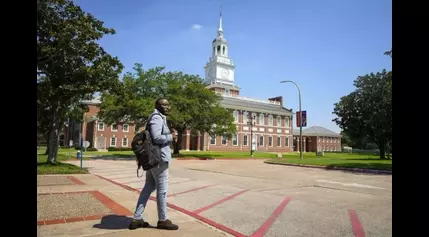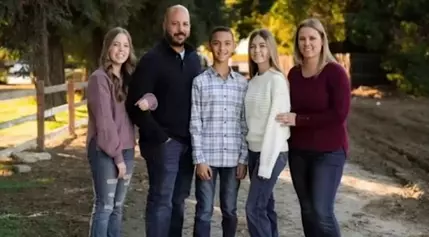In a significant legal development, Judge Juan Merchan has scheduled the sentencing of President-elect Donald Trump for January 10, just over a week before he is set to return to the White House. Despite Trump's request to dismiss the case following his electoral victory, Merchan ruled that the conviction must proceed. However, the judge indicated that he does not intend to impose a prison sentence on Trump. The decision highlights the complex interplay between law and politics as America prepares to inaugurate its first president with a criminal record.
Judge Signals No Prison Time for Trump in Business Records Case
In the heart of New York City, during a season marked by anticipation and uncertainty, Judge Juan Merchan issued an 18-page ruling that will shape the final chapter of one of the most controversial legal battles in recent history. Following Trump's conviction on 34 counts of falsifying business records, Merchan denied the president-elect's motion to dismiss the case. Instead, he set the sentencing date for January 10, ensuring that the matter would be resolved before Trump takes office on January 20.
The case revolves around allegations that Trump orchestrated a scheme to conceal payments made to adult film actress Stormy Daniels in the final weeks of his 2016 presidential campaign. Daniels claimed she had an affair with Trump years earlier, and the payment was intended to prevent her from publicizing the relationship. Throughout the trial, Trump maintained his innocence, asserting that the charges were politically motivated. His legal team argued that proceeding with the sentencing would disrupt the transition process and hinder his ability to govern effectively.
Merchan's decision emphasized the importance of upholding the rule of law, stating that setting aside the jury's verdict would undermine justice. While acknowledging the unique circumstances surrounding the case, the judge concluded that there were no legal barriers preventing him from sentencing Trump. Importantly, Merchan signaled that he did not intend to impose a prison sentence, suggesting instead an "unconditional discharge" as the most viable solution. This outcome reflects the prosecutors' acknowledgment that incarceration is no longer considered a practical recommendation given Trump's election win.
Despite this, the case remains a stark reminder of the unprecedented nature of Trump's presidency, as he becomes the first U.S. president to enter office with a criminal conviction. The possibility of further appeals or delays cannot be ruled out, adding another layer of complexity to the already intricate political landscape.
From a journalist's perspective, this case underscores the delicate balance between legal accountability and political realities. It raises important questions about the extent to which elected officials can be held responsible for their actions while in office. As the nation watches closely, the outcome of this case will undoubtedly have far-reaching implications for the future of American governance and the principles of justice.



















